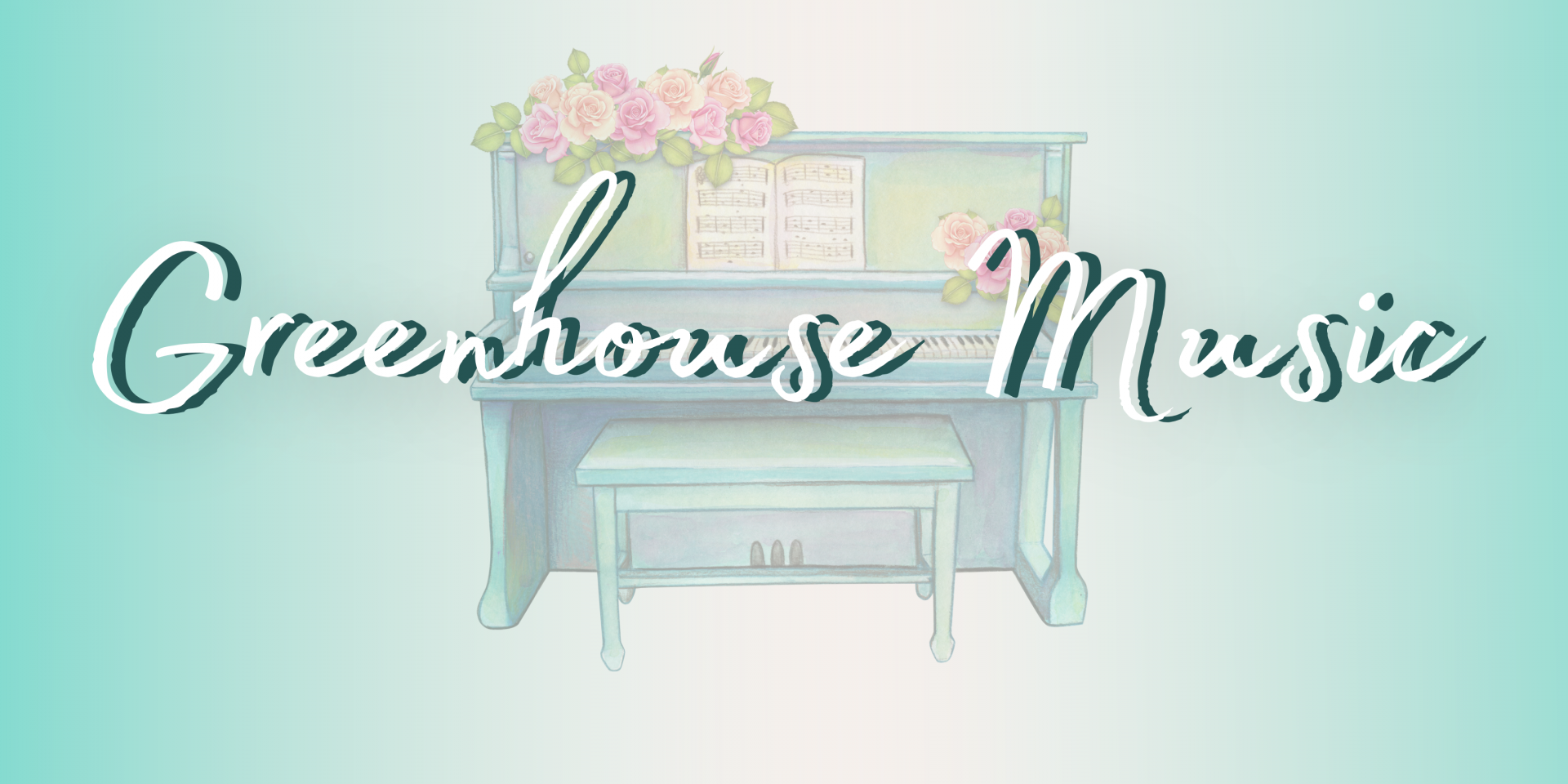When I was 15, I got a babysitting gig watching a little toddler named Geroge. His family was fishing during the summer in Alaska and needed someone to watch their baby. The first tidbit his mom told me about him was that George loved to play with buckets and lids.
I pulled out all of the Tupperware I could find in the back of my mom's cupboards, grabbed a few wooden spoons, and made a homemade drum kit for George to go to town on. We had fun, and I thought about that kiddo when I started doing preschool music classes.
I started teaching those classes. I had my own baby who was born singing, and I was trying to grow my music business as a new mom. I grabbed some friends and their kids and had them test my methods. From there, I continued to learn and study how beautifully connected toddlers can get with music.
Want to see that in your toddler? Let me share some of the ways!
Musical Shakers: Anything that makes a noise when it shakes will do, but you can make homemade egg shakers. At Greenhouse Music, we're all about the joy of creativity and exploration. Imagine the fun your little one will have to make musical shakers using simple household items like containers or bottles filled with rice or beans. It's a delightful DIY project that will captivate your baby's senses and fill your home with laughter. I have multiple songs to share on our YouTube channel and in the Discovery class.
Instrument Discovery: Foster a love for music early on by introducing your baby to various rhythm band instruments. Ignite their curiosity and imagination with things like drums, bells, rhythm sticks, etc.
Movement and Music: Movement and music go hand in hand at Greenhouse Music. Encourage your baby to dance and sway to children's rhythms, creating lasting memories while enhancing their motor skills.
Singing: Singing to your baby is a heartwarming bonding experience. My husband and I love having music time with our girls every night before bed. We clap, we sing, we belt, and we dance. It not only creates beautiful memories with my family, but it also teaches our kids. Choose songs with simple hand motions to engage our little ones and encourage their participation.
Musical Complexity: Expose your baby to high-information music with complex harmonies and rhythms. This type of music not only stimulates their brain but also helps them develop a deeper understanding and appreciation for music, fostering their cognitive and emotional growth.
Greenhouse Music Fun- Preschool Discovery is our digital course for toddlers and young learners. It's full of fun songs and activities focusing on rhythm, and movement. No instruments are required—just lots of musical fun! You can adjust the volume or use soft toys to mimic the sounds for children with sensory sensitivities.
Sing Along Storytime: Combine reading and singing with your baby's favorite books. Look for books with song lyrics and sing along as you read. It's a magical way to make storytime even more engaging.
Sing Along Storytime: Combine reading and singing with your baby's favorite books. Look for books with song lyrics and sing along as you read. It's a magical way to make storytime even more engaging.
Family Music Classes: Join a local mommy/daddy and me music class to bond with your baby through music and movement. These classes are a great way to meet other parents and introduce your baby to the joy of music. Greenhouse Music offers "Parent and Me" music classes to local parents in Soldotna, Alaska.
Pots and Pans Percussion: (Thank you, George) Transform everyday objects into musical instruments with our pots and pans drumming activity. While you prepare meals, let your baby explore the sounds of various kitchen items. If you don't have pots and pans, you can use plastic containers or a wooden spoon on a table. It's an excellent way to introduce your baby to the world of percussion.
20 minutes of "Music Time" : Last but not least
When parents ask me for advice on incorporating music education into their child's life, I always suggest introducing a Music Time routine as early as possible. This not only adds a wonderful element to a child's daily routine, but it also prepares them for taking music lessons with a teacher later on. By starting with a minimum of 20 minutes of music time each day, your child will be more comfortable and ready to learn when they do eventually take a class.
Incorporating music education into a child's life can have a tremendous impact on their development and overall well-being. By introducing a daily Music Time routine, parents can provide a solid foundation for their child's future music education endeavors. Not only does it serve as a fun and engaging activity, but it also helps children develop essential skills such as discipline, focus, and creativity.
So, if you're a parent looking to give your child the gift of music, start by establishing a daily Music Time routine, and watch as your child's love for music grows and flourishes.
So, if you're a parent looking to give your child the gift of music, start by establishing a daily Music Time routine, and watch as your child's love for music grows and flourishes.


